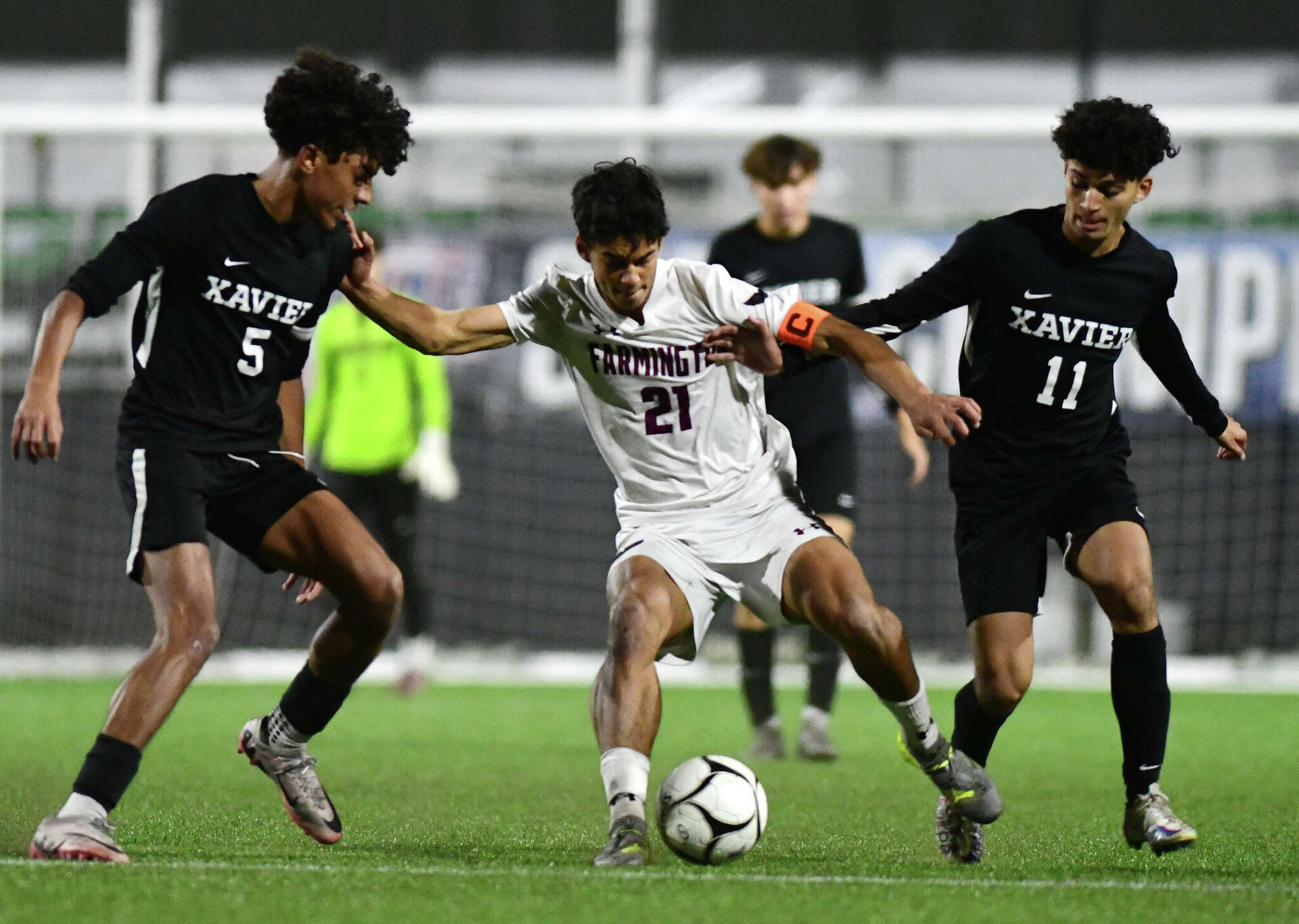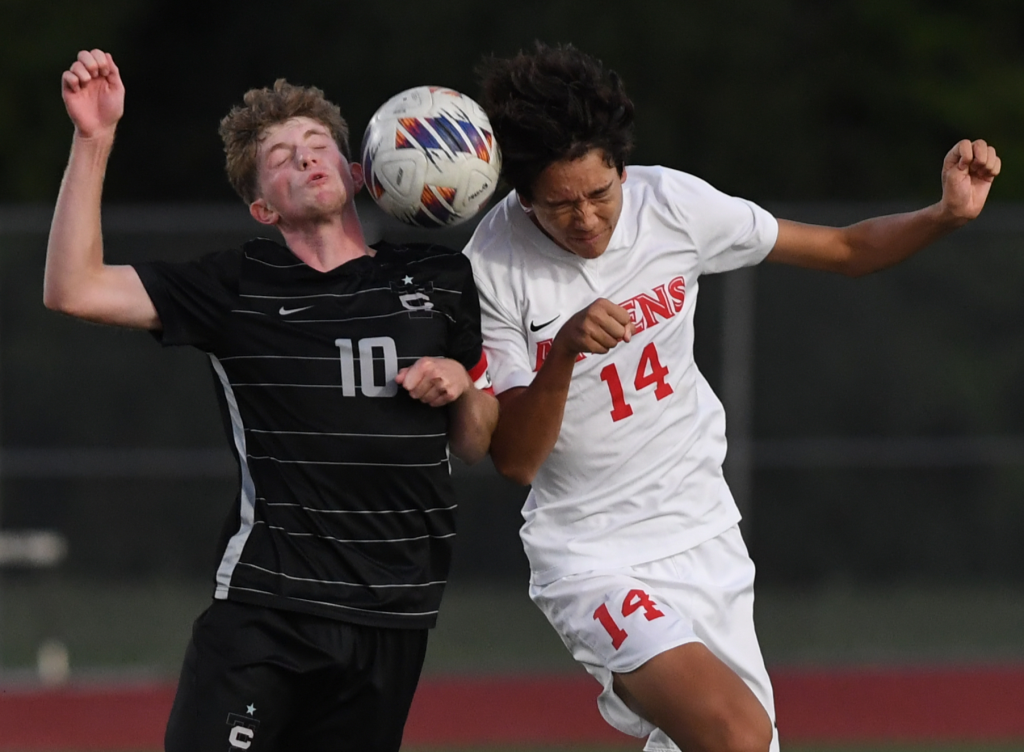Choosing a college soccer program in the U.S. isn’t just about playing time, division level, or highlight videos. While soccer may be the driving force behind your decision to pursue college athletics, what surrounds that experience — academics, campus life, financial aid, relationships, and future opportunities — will shape your college years and your life after graduation.
In this blog, we’ll walk you through how to evaluate whether a college soccer program is the right all-around fit for you, with a focus on key off-field factors that matter just as much (if not more) as what happens on the pitch.
Why Fit Matters More Than You Think
Plenty of players commit to schools based on soccer alone — only to transfer within a year because they’re unhappy with everything else. Your college experience is about more than where you train and compete. It’s about where you’ll live, learn, and grow as a student-athlete.
Whether you’re being recruited by multiple programs or considering walking on at your dream school, learning how to evaluate fit will help you make a smarter, more sustainable decision.
Step 1: Evaluate the Academic Environment
Soccer is just one chapter in your story. Academics will shape your long-term future — and they impact your eligibility, too.
Key Questions to Ask:
- Does the school offer majors or programs that genuinely interest me?
- What are the class sizes like? Will I get personal support from professors?
- Are tutoring or academic support services available for athletes?
- What’s the graduation rate for student-athletes in my sport?
Don’t overlook the importance of your degree path. Choosing a college where you can succeed academically — not just athletically — will set you up for life after soccer.
👉 For more on how your decisions affect your recruiting journey, read this guide to college soccer recruiting strategy.
Step 2: Understand the Team Culture and Coaching Style
The locker room environment, coaching relationships, and day-to-day team atmosphere can make or break your experience.
Ask Coaches or Players About:
- Team dynamics: Is it a positive, supportive environment?
- Coaching communication: Are the coaches open and development-focused?
- Playing time expectations: Are roles clearly communicated?
- Leadership: How are captains chosen, and what’s the team hierarchy?
Speak directly with current players if possible — many will give you honest insight. Some programs are hyper-competitive or intense, while others focus more on development and unity. Know what you’re walking into.
👉 Learn how to communicate with college coaches effectively to get real answers before you commit.
Step 3: Assess Financial Fit and Scholarship Details
Even if you're being recruited, financial aid can vary dramatically. A “full ride” is rare in college soccer, so make sure you understand the full picture.
What You Need to Clarify:
- How much athletic scholarship money (if any) is offered?
- What other aid is available (academic, need-based, FAFSA)?
- What’s the full cost of attendance after all aid?
- Is the scholarship renewable each year, and under what conditions?
Many players and families make emotionally driven decisions and later struggle with unexpected costs. Don’t assume — ask directly and get clarity in writing.
Step 4: Explore Campus Life and Location
You’re not just choosing a team — you’re choosing a home for four years.
Consider:
- Do you prefer a small campus or a large university feel?
- What’s the surrounding town or city like?
- Are there activities, clubs, or communities that interest you outside of soccer?
- How far is it from home? Will you be able to travel back easily?
Some players love the idea of being far from home — until they’re stuck on campus during a holiday with no one around. Be honest with yourself about what kind of environment brings out your best.
Step 5: Think About the Daily Schedule
College soccer is intense. Make sure the overall lifestyle works for you.
Ask About:
- What does a typical day look like in-season and out-of-season?
- How early are practices or lifts scheduled?
- What is the academic load like during travel seasons?
- How much time is left for internships, studying, or rest?
If you’re a student-athlete who wants to double major or work part-time, be sure that’s realistic within the program’s expectations.
Step 6: Evaluate Your Long-Term Development Opportunities
A strong program should develop you not just as a player, but as a person and a future professional — even if you don’t go pro in soccer.
Look for:
- Career development services for athletes
- Alumni networks or mentorship programs
- Internship or study abroad opportunities
- Graduate school placement or support
Ask how the program has helped former players succeed beyond soccer. Schools that value your holistic growth are investing in you for the long haul.
🚩 Red Flags to Watch Out For
Even if a coach is enthusiastic and the campus looks great, keep an eye out for signs that a program might not be a good fit:
- High transfer or dropout rates
- Players complaining about coaching or playing time
- Coaches avoiding direct answers about scholarships or roles
- Lack of support for injured athletes
- Zero mention of academics in recruiting conversations
Your college decision is too important to ignore warning signs.
Make a Personal Fit Checklist
Create a checklist of what matters most to you — academic, athletic, financial, social — and use it to compare schools. Here’s a sample template to get you started:
Category Must-haves Notes:
Academics Major offered, small class sizes
Athletics Player development focus
Team Culture Positive leadership environment
Financial Fit Total cost under X dollars
Campus Life Mid-sized, active student body
Location Within 4 hours of home
You’ll never find the “perfect” program — but the right one will align with your values, goals, and growth.
Final Thoughts
Finding the right college soccer program isn’t just about soccer. It’s about choosing a place where you’ll grow on the field and off it.
Ask deeper questions. Look beyond the athletic facilities and team record. Make sure the school supports who you are — and who you want to become.
Players who think beyond the game and evaluate fit holistically are more likely to stay committed, succeed academically, and graduate with pride.
.svg)



.webp)






